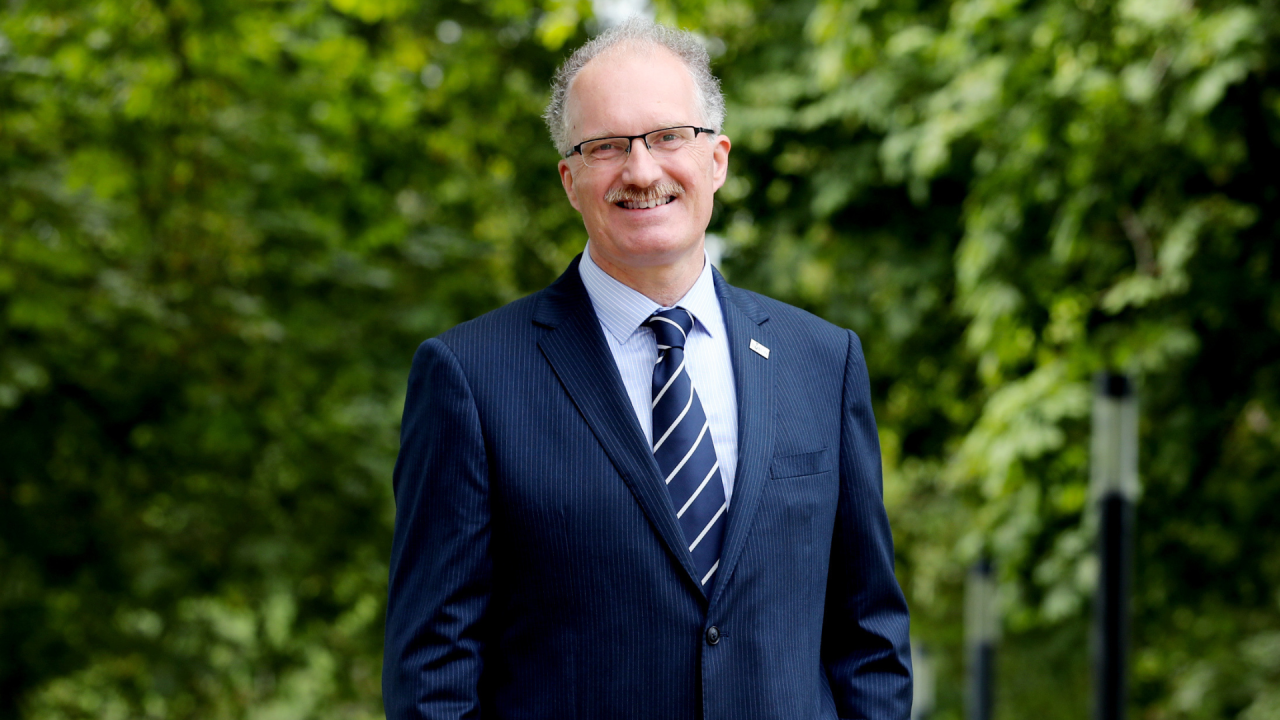
Universities as Drivers of Inclusivity and Sustainability
The recent threats to the safety of our communities and cities are stark reminders that no one institution can shape the development of responsible citizenship. However, it is incumbent on Universities to create graduates who are attuned to the challenges facing humanity and are more likely to contribute positively to society, whether through civic engagement, social entrepreneurship, or advocacy for positive change.
Together, educational institutions, Government, and legal authorities need to act in a renewed commitment towards making local communities better places to live and thrive.
Universities are microcosms of society, bringing together individuals from diverse cultural backgrounds. As society becomes more diverse, with an increase in the potential for divisive behaviours, our schools and universities must take the lead in providing a neutral setting to bring all members of society into a conversation.
We know that graduates who experience diversity in its various forms through their educational journey are better equipped to navigate and contribute to diverse professional environments and to tackle societal issues. It is part of our responsibility to ensure our graduates are set up for success in an interconnected world, to promote inclusivity, challenge biases, and contribute to the advancement of knowledge and innovation.
Societal responsibility
Irish Universities are committed to working towards the UN Sustainable Development Goals (SDGs), one of which asks us to deliver Quality Education that is accessible to all of society, especially those left furthest behind, and to leave a positive and indelible mark on societal values. From within the total of 17 SDGs, only the goal of Quality Education (SDG 4) is acknowledged as being a contributor and enabler to the delivery of the remaining 16 SDGs. Through their position at the intersections of Society, Economy, Education and Policy, Universities are therefore uniquely placed to provide places of freedom of thought, safety, respectful engagement and informed debate across all areas of society.
As Ireland’s largest technological university, TU Dublin provides multiple entry points and progression pathways and offers flexibility in structure, mode, and place of delivery to suit an evolving local and global landscape. Of TU Dublin’s Access student enrolments, students from a background of socio-economic disadvantage account for 12.6% of our third-level enrolments, the highest rate nationally among all Higher Education Institutions. However, there is always room for improvement and recent figures have shown that a class gap in third-level participation persists, especially in the Greater Dublin Region, a challenge we are eager to embrace.
Irish Universities, including TU Dublin, are working towards achieving UN SDG 4.2, which aims that by 2030, gender disparities in education should end, with equal access to all levels of education and vocational training for the vulnerable, including persons with disabilities, Indigenous peoples and children in vulnerable situations.
Embracing diversity is not just a commitment to social justice; it is an investment in the intellectual and cultural wealth of institutions and, by extension, the betterment of Irish society as a whole. As University leaders, we need to ensure students continue to embrace diverse ways of thinking as this will propel our universities, and indeed Irish society, to the forefront of research and innovation.

Global Citizenship
UN Sustainable Development Goal 4 also states that by 2030, all learners should acquire the knowledge and skills needed to promote sustainable development. I keenly feel the responsibility I hold in leading Ireland’s second-largest university and how we play a pivotal role in shaping responsible global citizens.
TU Dublin is the first Irish University committed to embedding sustainability as a learning outcome across all academic programmes, and in September 2023, as part of a new approach to student orientation, over 5,400 first-year students participated in an induction programme that offered a practical sustainability dimension. By ensuring that every TU Dublin graduate is equipped with a sustainability education that is relevant to their discipline, we are creating beacons for sustainability across industry and society that are empowered throughout their careers to challenge unsustainable and exploitative work practices.
In order to make our campuses better places to connect and grow, and to make our local communities better places to live and prosper, those in leadership positions across Ireland’s institutions have to take actions that actually further those goals of diversity and sustainability. It is our duty to remain committed to pursuing what actually works to achieve a more diverse, fair, and sustainable future for forthcoming generations of Irish people.
It is time for universities to deepen their engagement with society on interdisciplinary collaborations to bring together diverse perspectives to address these complex societal challenges. We owe it to the 27,000 students that come through the gates of TU Dublin, and the more than 250,000 students that engage with all Irish Universities, to help them co-create a future Ireland we can all be proud of.
- Professor David FitzPatrick, President TU Dublin
Lecturer in Mathematics at the School of Mathematics, Technological University of Dublin | Bachelor's Degree, Master's Degree PhD Curriculum Innovation Educational Policy
3moVery good post